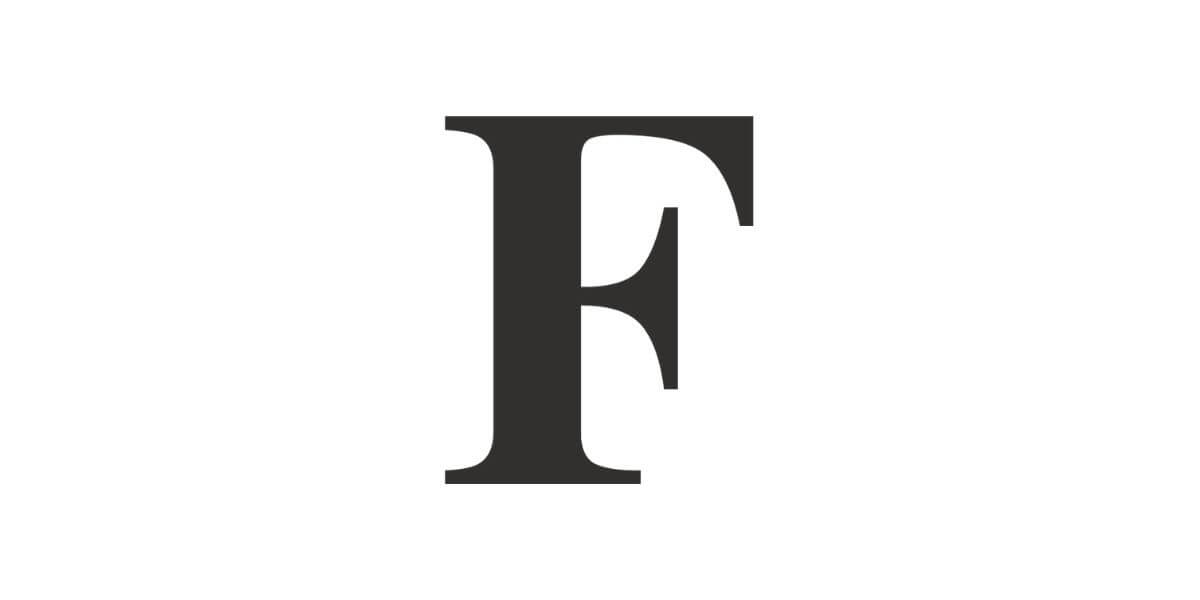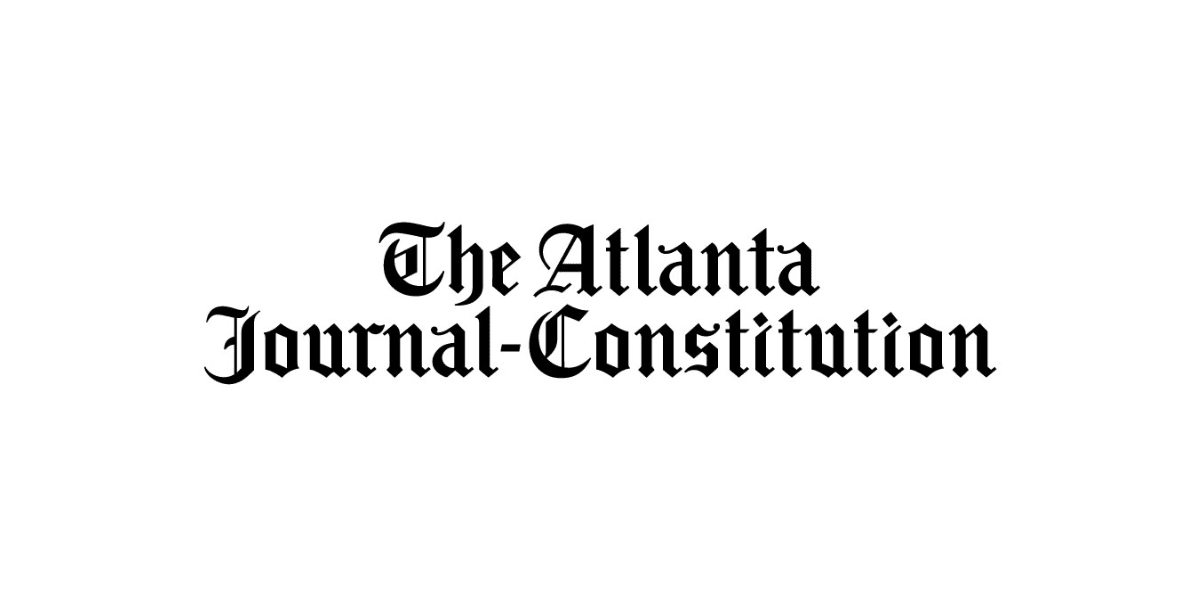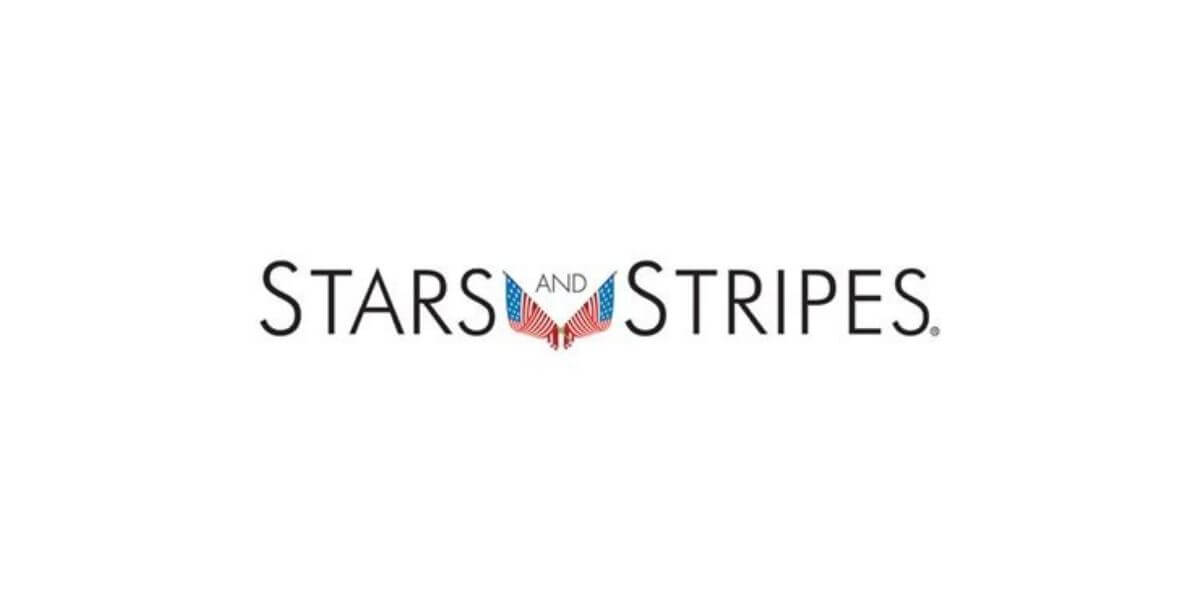WASHINGTON, D.C. (FEDweek) — The Office of Special Counsel has reversed positions it took last year that had strengthened restrictions on wearing or displaying campaign-related items in the federal workplace, and that further had raised the prospect of formal Hatch Act complaints against both former federal employees and against most Presidential appointees.
Regarding items in the workplace, the new guidance reverts to a 2020 policy stating that “wearing campaign items, like t-shirts or hats, and displaying candidate photographs in the workplace after Election Day” of someone not currently running for office do not constitute political activity banned by the Hatch Act.
Last year, then-Special Counsel Hampton Dellinger, a Biden administration appointee, had instead said that displaying or wearing “tangible items intended only to convey a political candidate or political party message” in the workplace or while on duty violated the Hatch Act, although with an exception for official portraits.
That guidance noted that the OSC traditionally had advised that such items supporting a political party or partisan political group are considered prohibited year-round by the Hatch Act for on-duty employees—but that items supporting a political candidate or “current or contemporaneous political figures” before Election Day violated the law while the same items after Election Day didn’t.
It said a year-round prohibition on both candidate and party items in the workplace “provides a straightforward and uniform standard” that did not require employees to understand the distinction between pre-election and post-election. It also said the “distinction between individual political figures on the one hand and political parties on the other often can be one with little or no practical significance.”
However, the new guidance says that policy “creates too great a burden on First Amendment interests and must therefore be discarded. OSC is therefore returning to its previous advice that the Hatch Act does not prohibit displaying campaign items in the workplace after election day.”
“Presumably, a federal employee could wear or display in their office and/or desk a Trump, “MAGA,” or Harris hat while in the office. The actual legislation of the Hatch Act, which was originally made law in 1939, has not been amended since 2012, and is still good law,” noted Stephanie Rapp-Tully, a Partner at Tully Rinckey PLLC. “Federal employees should understand that while the Office of Special Counsel’s notice does change enforcement and how likely it is that the Administration will pursue alleged violators of the Hatch Act, the law remains in effect and a violation thereof could have a penalty including removal from federal service,” she added.
The OSC has been under acting leadership—currently U.S. Trade Representative Jamieson Greer—since the White House fired Dellinger earlier this year, apart from a brief period when a court had ordered him reinstated. The OSC also recently dropped cases Dellinger had been pursing that could have resulted in charges before the MSPB that agencies had committed prohibited personnel practices in their firing of probationary employees—cases that had resulted in the MSPB blocking for a time those firings across the Agriculture Department, as well as of several other individuals in other agencies.





